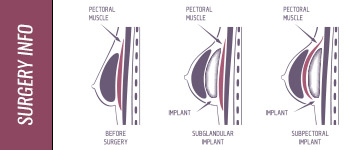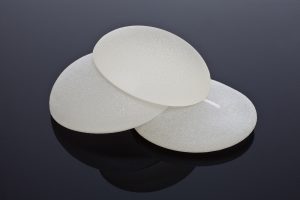Otoplasty is a procedure that reshapes your ears so that they may be more proportional with the rest of your head. During the procedure, a plastic surgeon will shave cartilage off of your ear and then mold it into a more natural shape. The surgery can help change the angle of your ear or reduce its size.
There has been a growing trend in recent years to market this surgery to young children and teenagers. Here is the philosophy being used:
Children are cruel. They will make fun of each other for the slightest imperfection. For children with overly large or disproportional ears, this ridicule can cause severe psychological damage and seriously lower self-esteem. In an attempt to spare your child such a scarring experience, you should have his or her ear reshaped to avoid this torturous mockery at the hands of cruel peers.
I can’t fault plastic surgeons for adopting this marketing stance. After all, they are trying to generate clients, and how many adults will actually care enough to have their ears reshaped? However, I find it shocking that parents would buy this marketing ploy hook, line, and sinker.
Kids have been teasing each other about physical imperfections since the dawn of time. It is what they do. To some degree, all children feel awkward and uncomfortable in their bodies — even those who are considered by their peers to be “attractive.” Many children choose to put others down in an attempt to feel better about themselves. That is just human nature when it comes to interactions between children.
The reality is that for generations, children have endured this ridicule and then grown into adulthood without severe self-esteem issues. We all know people from our childhood who were called “Dumbo.” Perhaps you were one of them. We all have memories of other children sticking their own ears out in the most overtly protruding manner possible to make fun of their big-eared peers. Perhaps you were one of these people. Perhaps you were simply the person who watched from the sidelines, attempting to stifle your snicker because you felt bad for the child being picked on.
Regardless of what role you played in this incident, you undoubtedly have some memories of a similar experience. We all do. It is part of being a child. Why should we assume that children today are any different?
Fortunately, the vast majority of children with big ears eventually grow into them as they move through adolescence and into adulthood. At this point, the ridicule and mockery stops, and they no longer feel self-conscious about their big ears.
For generations, children have been forced to suck up this cruel treatment due to having big ears. Most of these children become fairly normally adjusted adults — at least, they are as normally adjusted as anyone else. I guess “normally adjusted” is somewhat of a relative term.
So why is the 21st Century any different than the 20th in this regard? Why do children all of a sudden need to be spared this cruel treatment when generations of children emerged from it none the worse?
What kind of a message are you sending to your child if you give him or her plastic surgery to avoid getting picked on at school? Wouldn’t you be sending a better message if you sat your child down and explained that what is most important is the person you are on the inside? By having this conversation, you are more likely to raise a child that grows into a beautiful adult — both inside and out.
While the numbers of children visiting plastic surgeons for otoplasty are growing exponentially, I would like to challenge the parents to reconsider their values and the purpose of this surgery. Is your child better off for it, or are you sending a message to your child that vanity and superficiality trump substance and integrity in life? What are the consequences of sending that message?
Besides, what doesn’t kill us only makes us stronger. If your child gets teased for big ears, he will learn a valuable lesson in life. He will learn how to take such treatment in stride without letting it consume him. This is a good skill to learn at such a young age. Your child will also hopefully learn how it feels to be treated poorly, and decide that he does not want to be responsible for making others feel that way. After all, you never truly understand the impact of your cruel actions until you have been treated cruelly yourself.





Leave a Reply